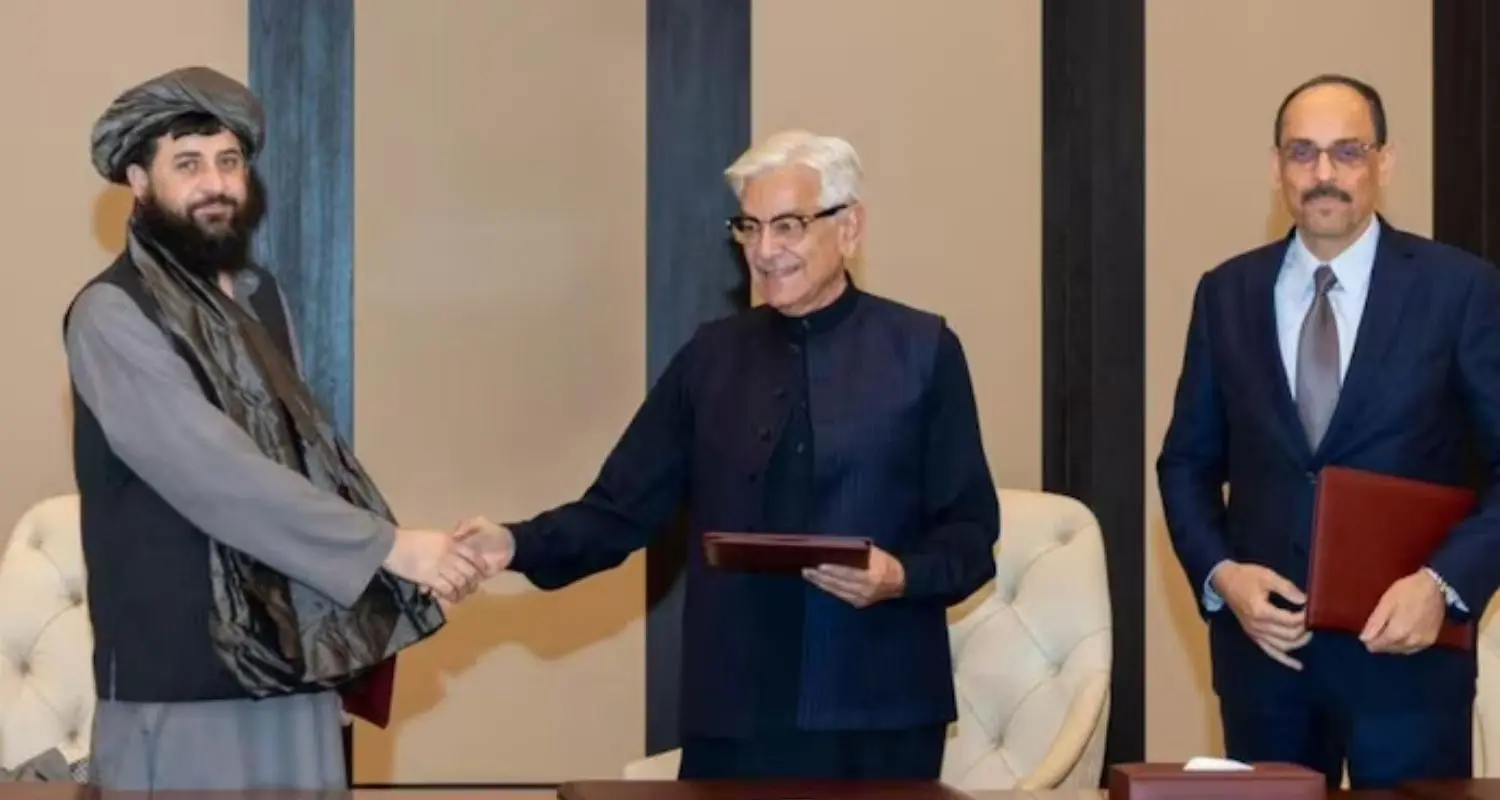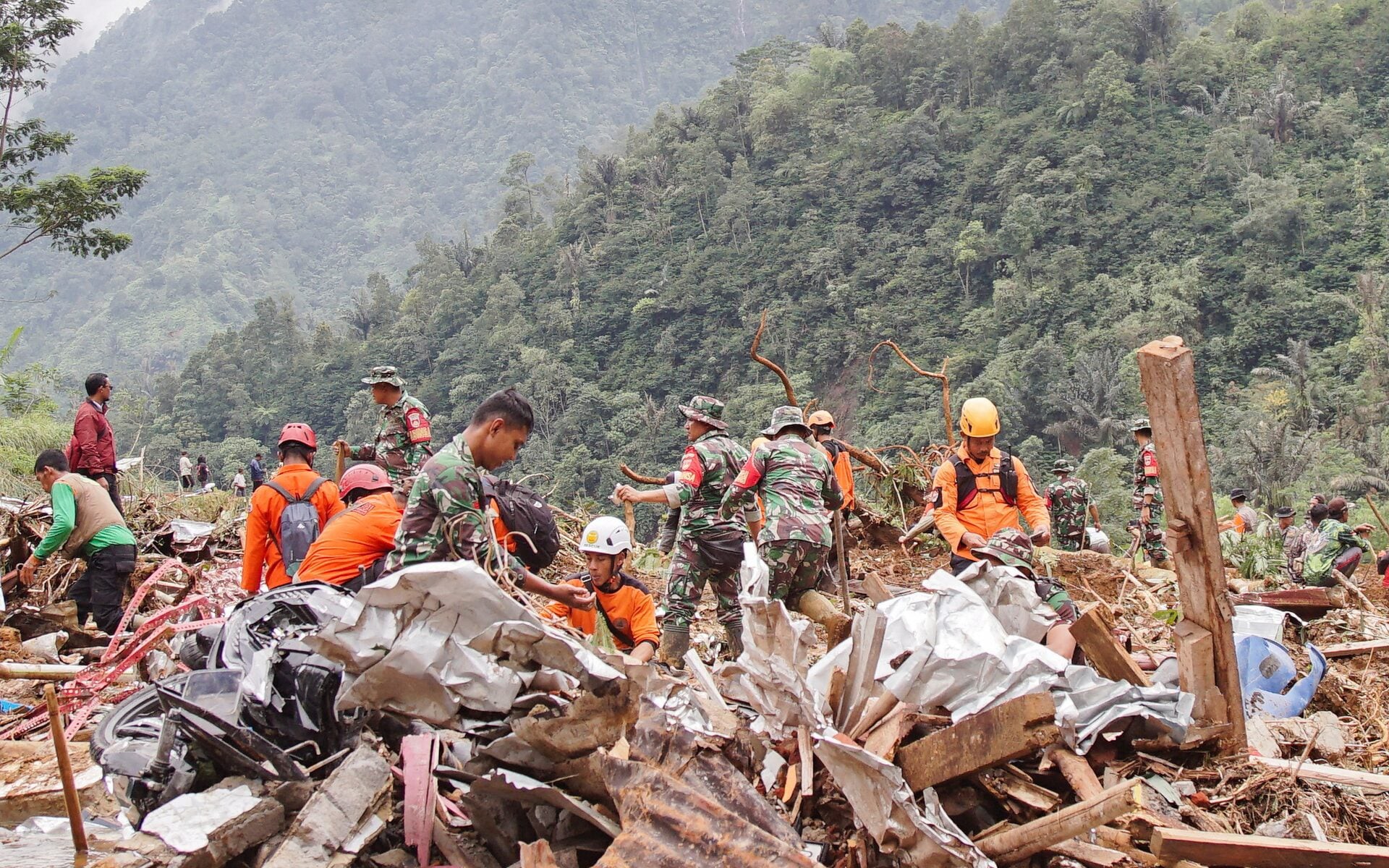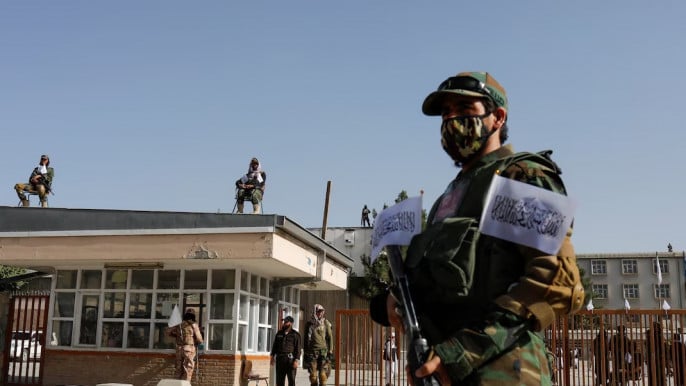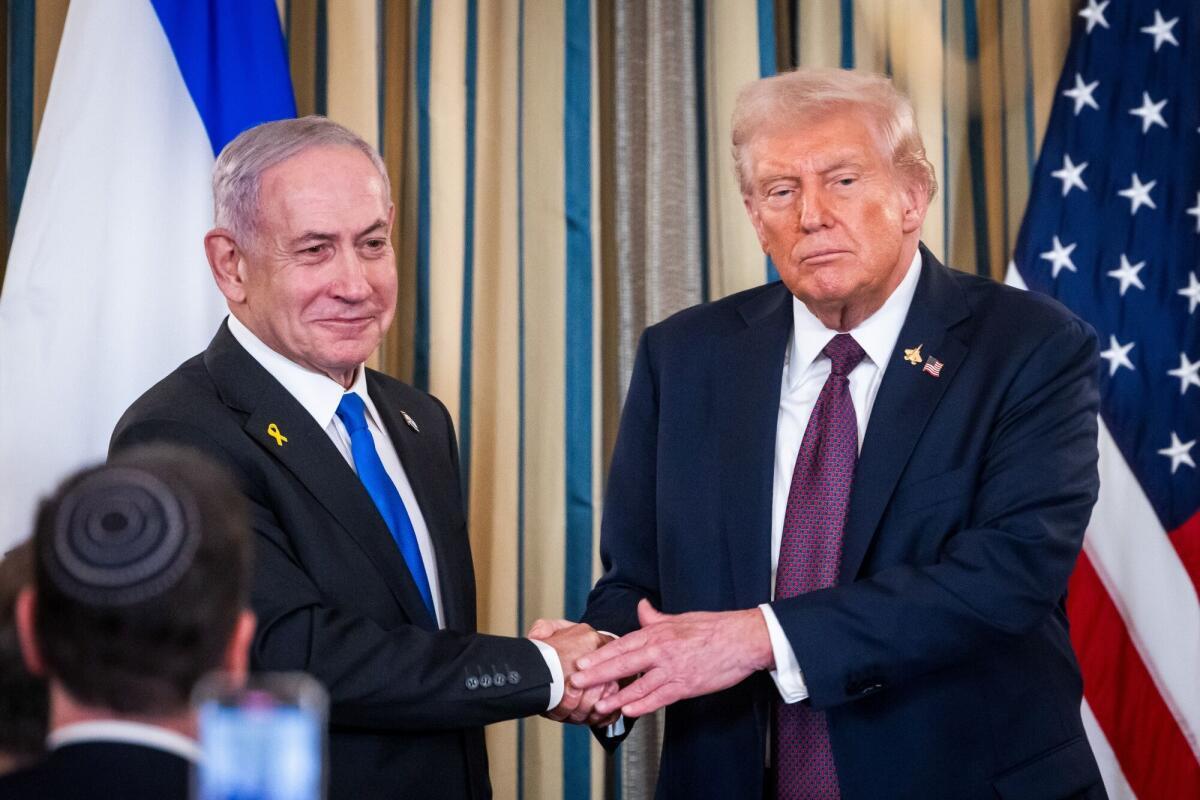Pakistan and Afghanistan agree to immediate ceasefire during talks, mediator Qatar says
- bykrish rathore
- 19 October, 2025

After days of escalating border clashes, Pakistan and Afghanistan have agreed to an immediate ceasefire during peace talks held in Doha, with Qatar acting as the chief mediator and Türkiye supporting the dialogue. The agreement, announced by Qatar’s Ministry of Foreign Affairs, aims to halt hostilities and create a framework for sustainable peace between the two nations.
🤝 Ceasefire Agreement in Doha
According to official statements, both sides have agreed to establish mechanisms to verify and sustain the ceasefire, ensuring accountability and communication to prevent further violence.
The Doha discussions marked the first formal attempt at dialogue after a week of intense cross-border fighting, which left dozens dead and hundreds injured, including civilians.
Qatar’s mediation comes amid mounting global concern over rising instability in the region and fears that continued violence could destabilize South Asia’s fragile security landscape.
⚔️ Background: Border Tensions Turn Deadly
The Pakistan–Afghanistan border, stretching roughly 2,600 km, has long been a flashpoint for military clashes, smuggling, and insurgent activity.
In recent weeks, Pakistan accused militants from the Tehrik-i-Taliban Pakistan (TTP) of launching attacks from Afghan soil, while Kabul alleged that Pakistani airstrikes killed Afghan civilians.
The situation deteriorated rapidly, prompting both governments to reinforce border posts and exchange heavy fire, resulting in significant casualties and civilian displacement.
🌍 Regional & Diplomatic Implications
The ceasefire represents a significant diplomatic achievement for Qatar, which has hosted numerous international peace efforts, including past Taliban–U.S. negotiations.
The truce also offers a potential model for conflict de-escalation in South Asia, a region fraught with overlapping political, security, and humanitarian crises.
Experts caution, however, that without trust-building and concrete political dialogue, the ceasefire could prove fragile.
Both countries continue to dispute key issues such as:
Militant safe havens along the border
Recognition of the Durand Line as the official boundary
Cross-border trade and refugee movements
🕊️ Statements from Mediators
Qatar’s Foreign Ministry emphasized that the talks were “constructive and frank” and that both nations expressed commitment to de-escalation.
“The two sides agreed to an immediate ceasefire and to establish mechanisms that ensure its implementation and sustainability,” the statement read.
Türkiye also welcomed the outcome, calling it a “positive and necessary step toward regional stability.”
💬 Analyst Perspectives
Political analysts view the agreement as a short-term relief that could prevent further bloodshed but stress that deeper issues remain unresolved.
“This truce may cool the guns temporarily, but real peace will depend on cooperation against militant groups and mutual respect for sovereignty,” said Dr. Farzana Ali, a regional affairs expert.
Observers note that both nations face domestic pressure to maintain stability—Pakistan ahead of major security operations in its northwestern provinces, and Afghanistan as it struggles with economic collapse and internal insurgencies.
🔍 Next Steps & Future Talks
Follow-up meetings are expected in Doha and possibly Istanbul in the coming weeks to solidify the ceasefire’s verification process and open channels for long-term dialogue.
If successful, this could mark a turning point in Pakistan–Afghanistan relations, which have remained strained since the Taliban’s return to power in 2021.

Note: Content and images are for informational use only. For any concerns, contact us at info@rajasthaninews.com.
"Peter Dutton Affirm...
Related Post
Hot Categories
Recent News
Daily Newsletter
Get all the top stories from Blogs to keep track.










